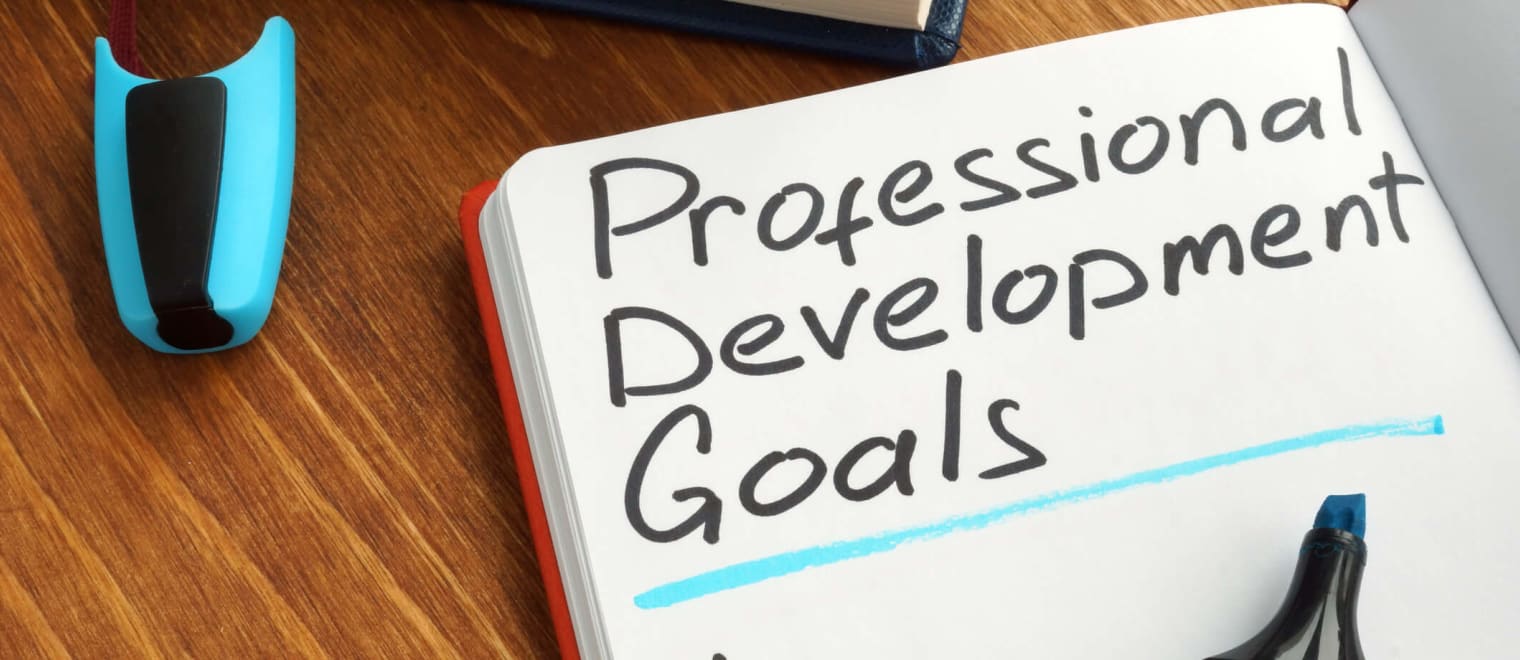CPD (Continuing Professional Development) is a catalyst that motivates us as individuals to engage in a self-driven form of learning. It gives us the initiative to keep our skills and knowledge up-to-date as well as document our career development and progression as a professional.
Why Is CPD Helpful?
As well as building up confidence and credibility within your profession, it also ensures that a highly regarded standard of qualifications is maintained. Implementing CPD enables you to observe track of your achievements and set future goals in order to meet its primary function of assisting you in recording, reviewing and reflecting on what you have learned.
No matter what stage you are at in your working life, it is imperative that you develop and uphold a personal portfolio for any future advancement in your career. Recording CPD correctly provides tangible evidence of professional development which can then be useful for management and appraisals.
How To Keep Track of Professional Development
Finding the most effective way to log your learning is important when it comes to evidencing your development as it is impossible to rely on memory alone. Some organisations have created online CPD recording tools to assist individuals with recording their progress, along with examples of the types of activities that count as verifiable CPD. For example, The myCPD Portal is a free record tool that can be used to log and record ongoing Continuing Professional Development training in one simple place.
Using the myCPD Portal can make it easier to keep track of any CPD requirements effectively, set annual CPD targets, store CPD certificates of attendance and manage learning progress throughout the year.
Alternatively, you can create your own CPD method of recording and customise your layout to suit your needs. Make sure it has a professional look and is simple to follow as your annotations may be viewed by prospective employers and managers further on down the line.
Your record should ideally be a combination of experiences, ideas and techniques relevant to your current or future practice that have facilitated your growth in a learning capacity. A balanced portfolio of CPD activities should include a selection of activities in at least 3 of the following categories: work-based learning, professional activity, formal/educational, self-directed learning and learning outside of normal employment.
It’s almost inevitable that you are already doing some form of CPD – whether it’s being shown how to operate a system by a colleague, reading a relevant publication or attending departmental meetings. These all meet CPD criteria for informal self-directed CPD, which can make up a small proportion of your annual CPD requirements. The focus of CPD is on progressive results and providing proof of your development to your employers and professional bodies, to show how it has benefited you in your chosen industry.
Anything that helps you to meet your developmental objectives can be classed as CPD (please see our CPD explained page for the various types of CPD), just so long as you provide substantial evidence in your work. This could be in a situation outside of work that changes your organisational habits or teaches you a new approach to problem-solving. Similarly, if there are personal experiences that you don’t feel comfortable sharing, you are entitled to leave them out and retain them for your conscience only. This is your CPD record and therefore you decide on the contents. Just remember that one size doesn’t fit all when it comes to CPD. It is irrelevant what phase you are at in your career and what your aspirations are – your CPD plan is bespoke to you.
Whether you’re seeking a position higher up or hoping to gain employment with a leading company, CPD is invaluable. It shows willing and that you are prepared to go the extra mile so that you stand out from the crowd and can enhance a CV. Many employers now deem ‘learning agility’ as a core competency. Research shows that those that have invested time and effort in CPD have a significantly higher chance of gaining a promotion or transferring into a different area within their chosen field. Take the time and trouble to keep your CPD and supporting evidence up to date – it is undoubtedly worth the investment.
We hope this article was helpful. For more information please visit the CPD Industry Hubs for more CPD articles, courses and events relevant to your Continuing Professional Development requirements. If you are looking for somewhere to log and record your ongoing Continuing Professional Development training, please go to the free myCPD Portal page.
Become a CPD accredited provider
Established in 1996, The CPD Certification Service has over 27 years’ experience providing CPD accreditation. With members in over 100 countries, our CPD providers benefit from the ability to promote themselves as part of an international community where quality is both recognised and assured.
If you are interested in offering training courses, seminars, workshops, eLearning, or educational events suitable for Continuing Professional Development, please visit the Become a CPD Provider page or contact our team to discuss in more detail.













